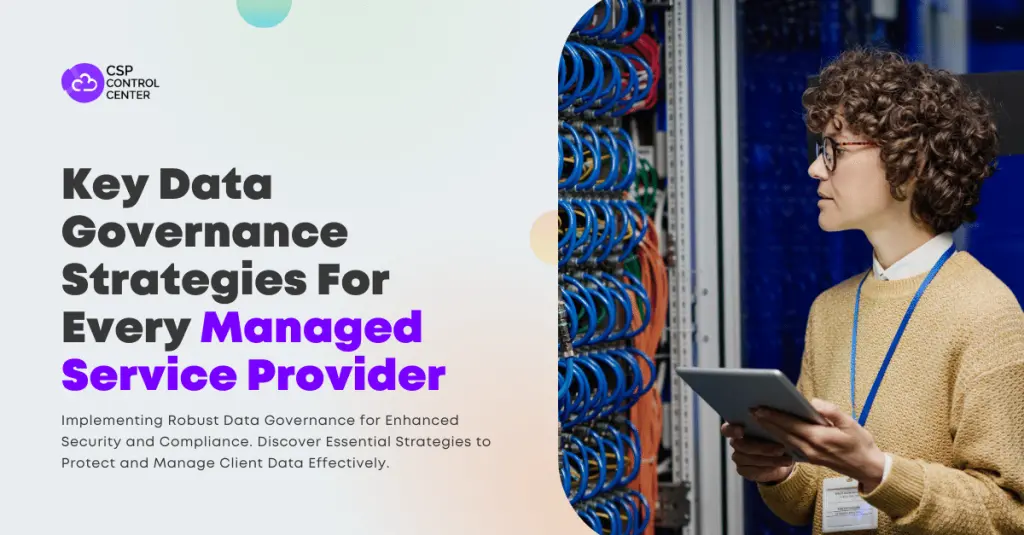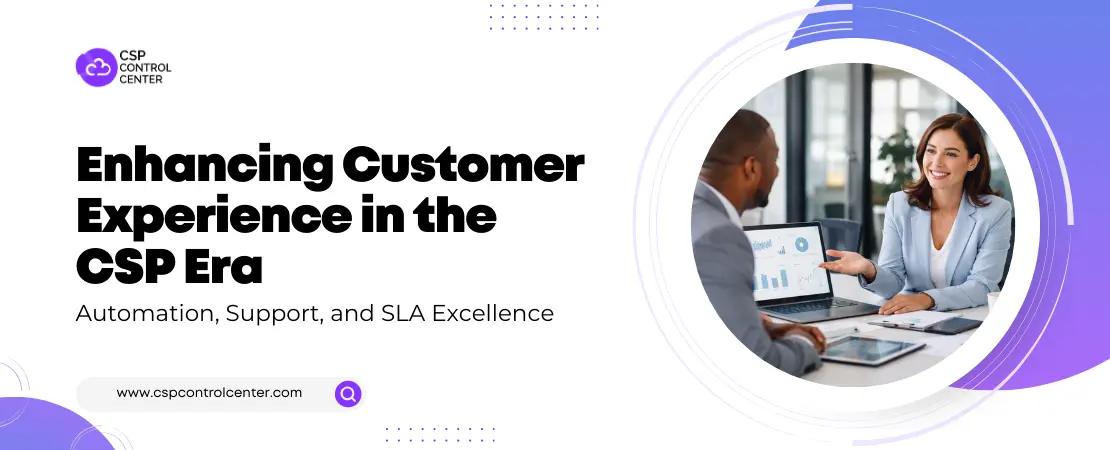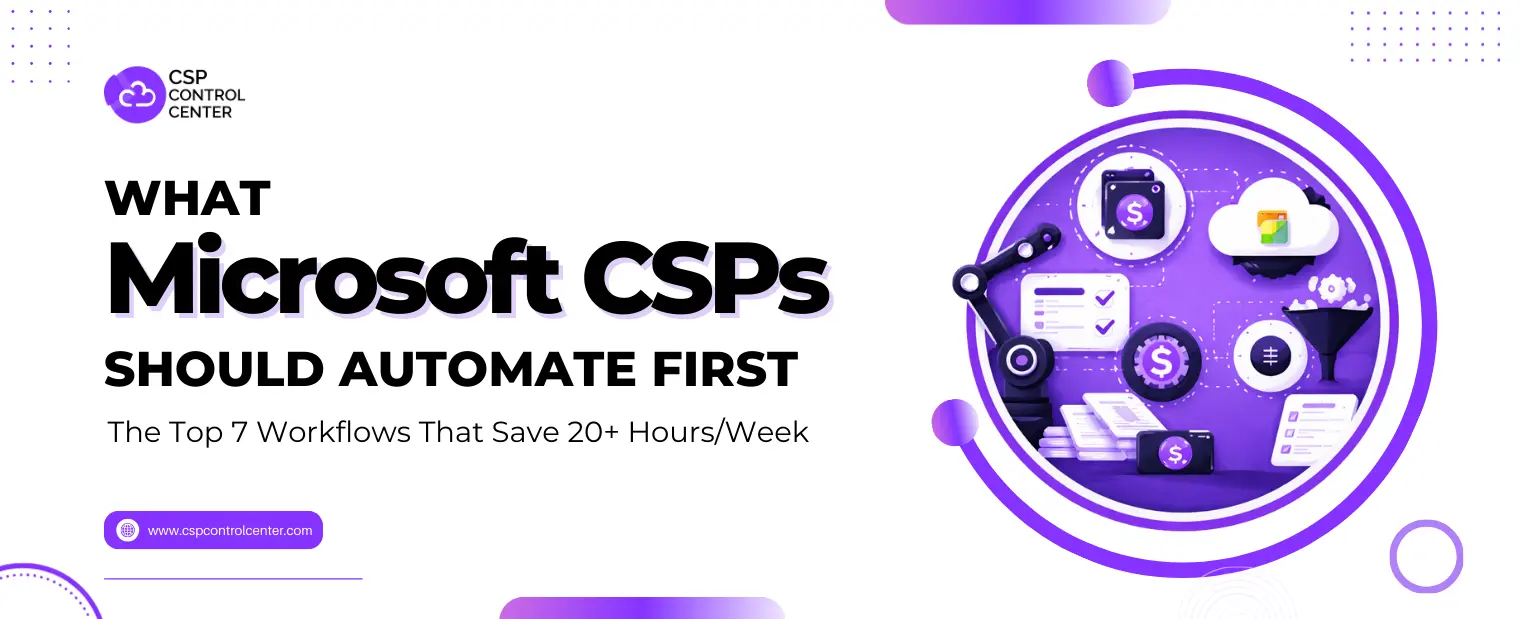In today’s digital age, data is the lifeblood of businesses of all sizes. It helps establish benchmarks, make informed decisions, and improve performance. The role of Managed Service Providers (MSPs) has evolved from merely technology providers to strategic business partners handling tasks like troubleshooting, maintenance, monitoring, cloud management, and cybersecurity. As an MSP, you are responsible for managing and supporting your customers’ IT infrastructure and data. Given the increasing reliance on technology and data-driven insights, implementing robust data governance strategies to ensure data security, compliance, and quality has become a top priority.
The Importance of Data Governance
Data governance is a framework of policies, processes, and controls that ensures data is managed effectively and responsibly throughout its lifecycle. This is crucial when handling sensitive business or financial data for your customers. Poor data governance can lead to multiple risks, including an increase in data breaches. When data is not protected, it becomes vulnerable to unauthorized access, leading to financial losses due to penalties or compensation payouts.
According to IBM’s Cost of a Data Breach Report 2023, the global average cost of a data breach in 2023 was USD 4.45 million, a 15% increase over three years. Data breaches also impact the credibility of an MSP, making it difficult to attract new customers.
Another consequence of poor data governance is regulatory non-compliance. MSPs must comply with regulations such as the General Data Protection Regulation (GDPR) and other privacy laws. Non-compliance due to poor data governance can result in hefty fines and legal actions. Inadequate data governance can damage relationships with existing customers, causing them to trust you less with their sensitive data, potentially leading to customer churn. Poorly managed data also impacts decision-making capabilities due to inaccuracies and inconsistencies, resulting in missed opportunities, misguided strategies, and delayed responses to market trends. Inefficient data management leads to wasted time and resources, impacting business operations, and making it difficult to detect and respond to security threats on time.
Challenges in Implementing Effective Data Governance
Implementing effective data governance is crucial for the success of MSPs, but it comes with unique challenges:
- Different Customer Environments MSPs cater to a diverse customer base with varying data management practices, IT infrastructures, applications, data security needs, and compliance requirements. This variability makes it difficult to implement standardized data governance policies across all customer accounts. Customers with legacy systems and outdated security features further complicate data governance.
- Data Silos and Integration Customer data might be scattered across different systems, applications, or geographical locations, creating isolated “data silos.” These silos make it difficult to have a unified view of the organization, leading to inconsistencies and discrepancies. Fragmented data increases the risk of breaches and makes it challenging to enforce granular access controls.
- Resource Constraints Limited budgets, a shortage of skilled workforce, and the lack of necessary data governance tools and technologies can obstruct the implementation of effective data governance. The high cost of software, tools, training programs, and hiring experts can be prohibitive for MSPs with small budgets.
- Employee and Customer Training Proper training is essential for successful data governance. Without it, employees or customers may mishandle sensitive data or become targets of phishing attacks. MSPs often deal with individuals with varying levels of technical expertise, making it challenging to deliver effective training. As per the Egress 2024 Email Security Risk Report, “79% of account takeover attacks start with phishing”.
Key Data Governance Strategies for MSPs
As a trusted partner, it is your responsibility to ensure the security, privacy, and integrity of data. By implementing the following strategies, you can safeguard data, demonstrate your commitment to security and compliance, and strengthen customer trust:
- Establish a Data Governance Framework Develop a comprehensive framework that includes objectives, policies, processes, and roles related to data management. Key elements include defining data ownership, categorizing data by sensitivity, developing clear policies for data processing and storage, and assigning roles and responsibilities for data management.
- Implement Robust Data Access Controls Protect sensitive information by defining user permissions, implementing authentication measures, enforcing the principle of least privilege, and using data encryption. Regularly review and audit user access rights to maintain appropriate access privileges.
- Ensure Cloud Data Security Implement secure cloud data storage and transmission protocols, including access controls, encryption, and multi-factor authentication. Additionally, configure cloud security settings, monitor cloud infrastructure for vulnerabilities, and ensure compliance with cloud security standards and regulations. Prepare incident response and business continuity plans for data breaches or service disruptions.
- Foster a Data-Driven Culture Promote a data-driven culture by making employees aware of the importance of data governance and their role in ensuring data security and compliance. Conduct regular training and development programs on data management, analysis, and regulatory compliance.
- Leverage Technology Utilize data management platforms, monitoring tools, and AI/ML solutions to streamline operations, automate tasks, and gain better visibility and control over data. Embracing cutting-edge technologies can enhance data governance processes and adapt to evolving data landscapes and regulations.
Leveraging C3 for Stronger Data Governance
CSP Control Centre (C3) can help strengthen your data governance initiatives by providing a centralized platform for managing your MSP business billing. By partnering with C3, you gain access to features like self-service capabilities, ensuring transparency and accountability in data usage and billing processes. C3 also offers customizable fine-grained access control, maintaining data security by allowing only authorized personnel to access sensitive data. These features and more can enhance data security, compliance, and quality, resulting in stronger data governance.
Book a
demo to learn more about the capabilities of C3.

 CSP Control Center
CSP Control Center
 CloudEvents
CloudEvents


